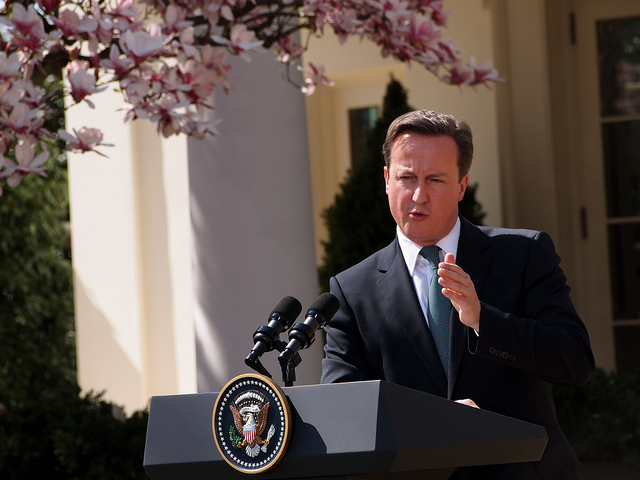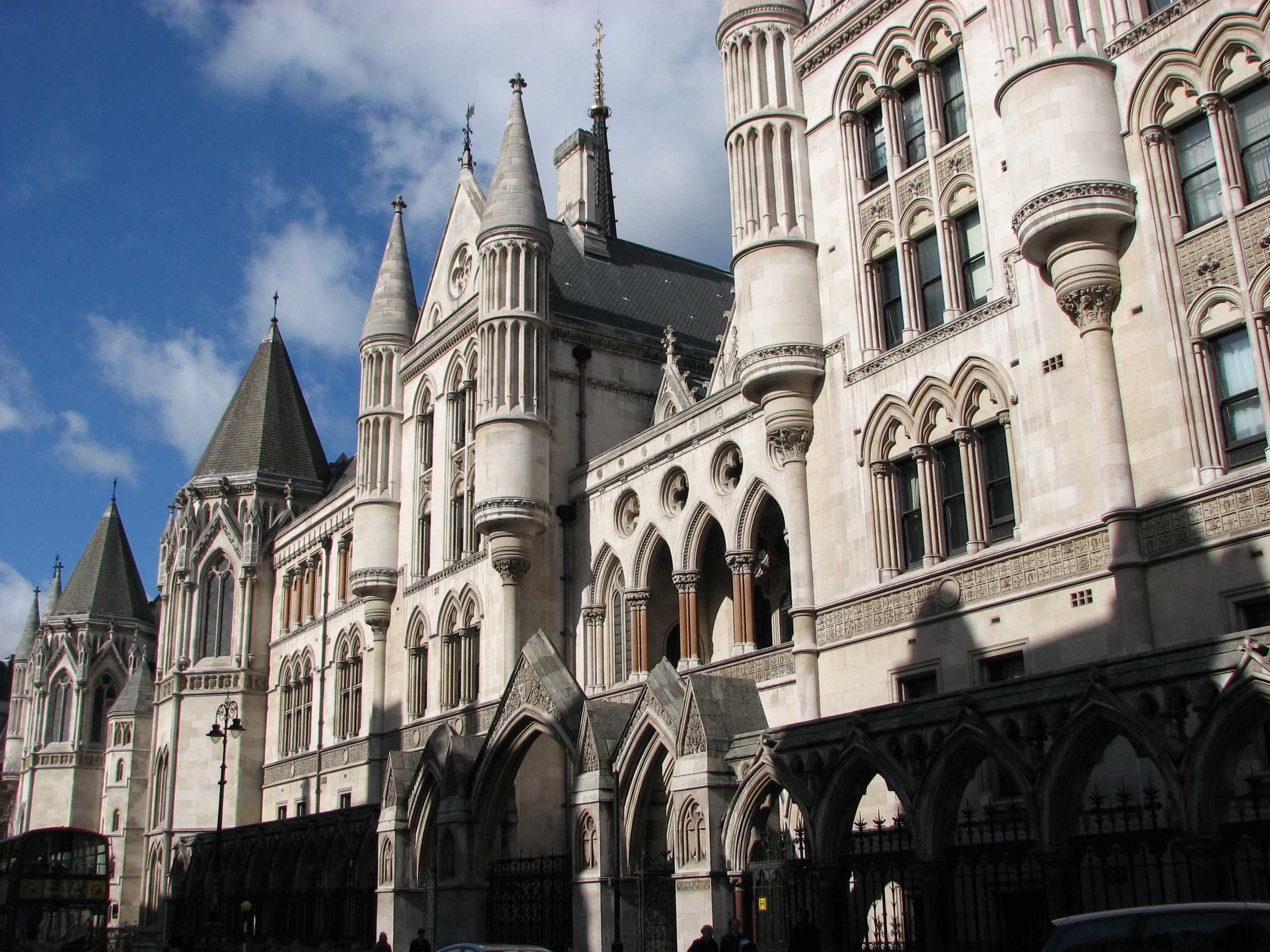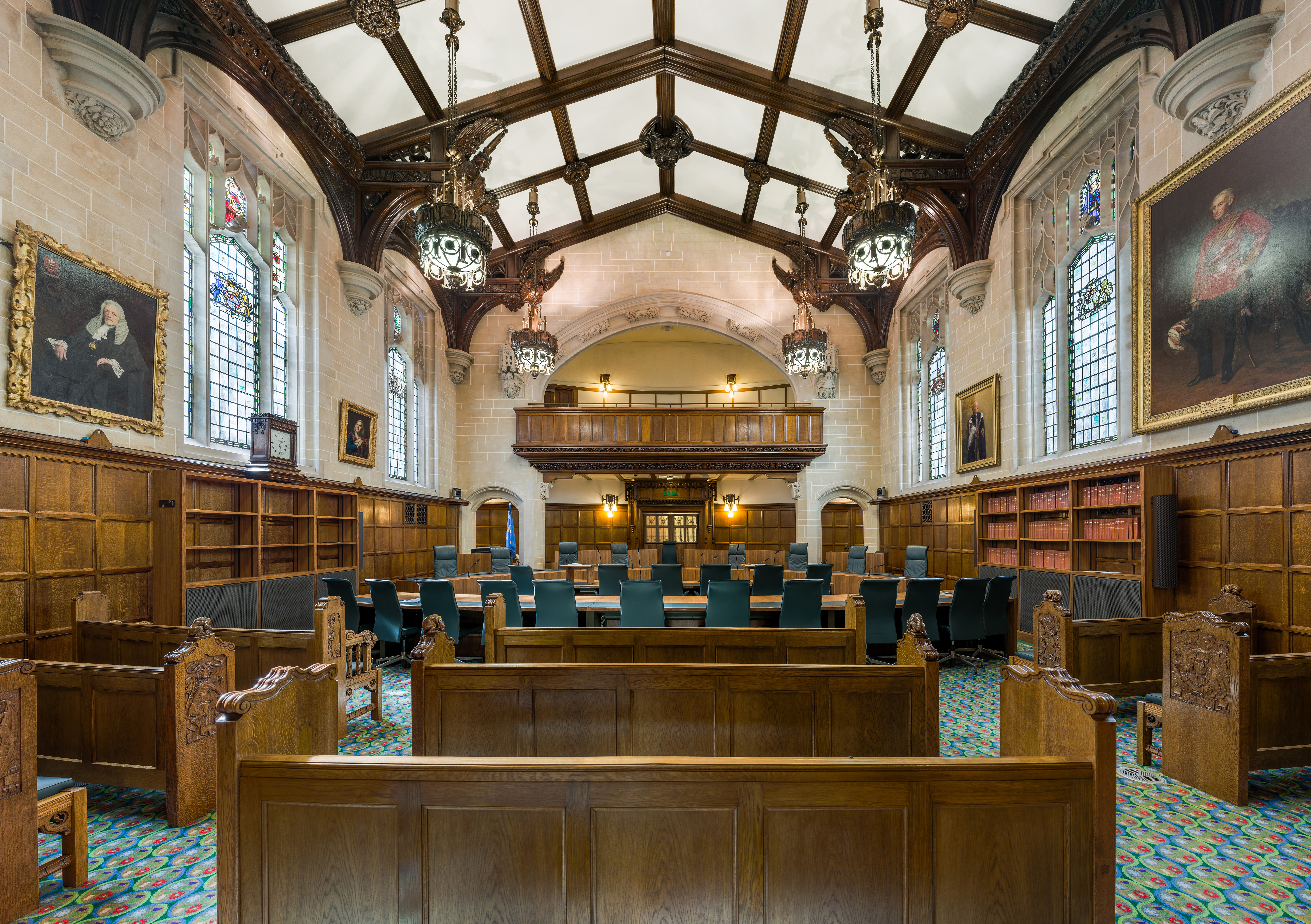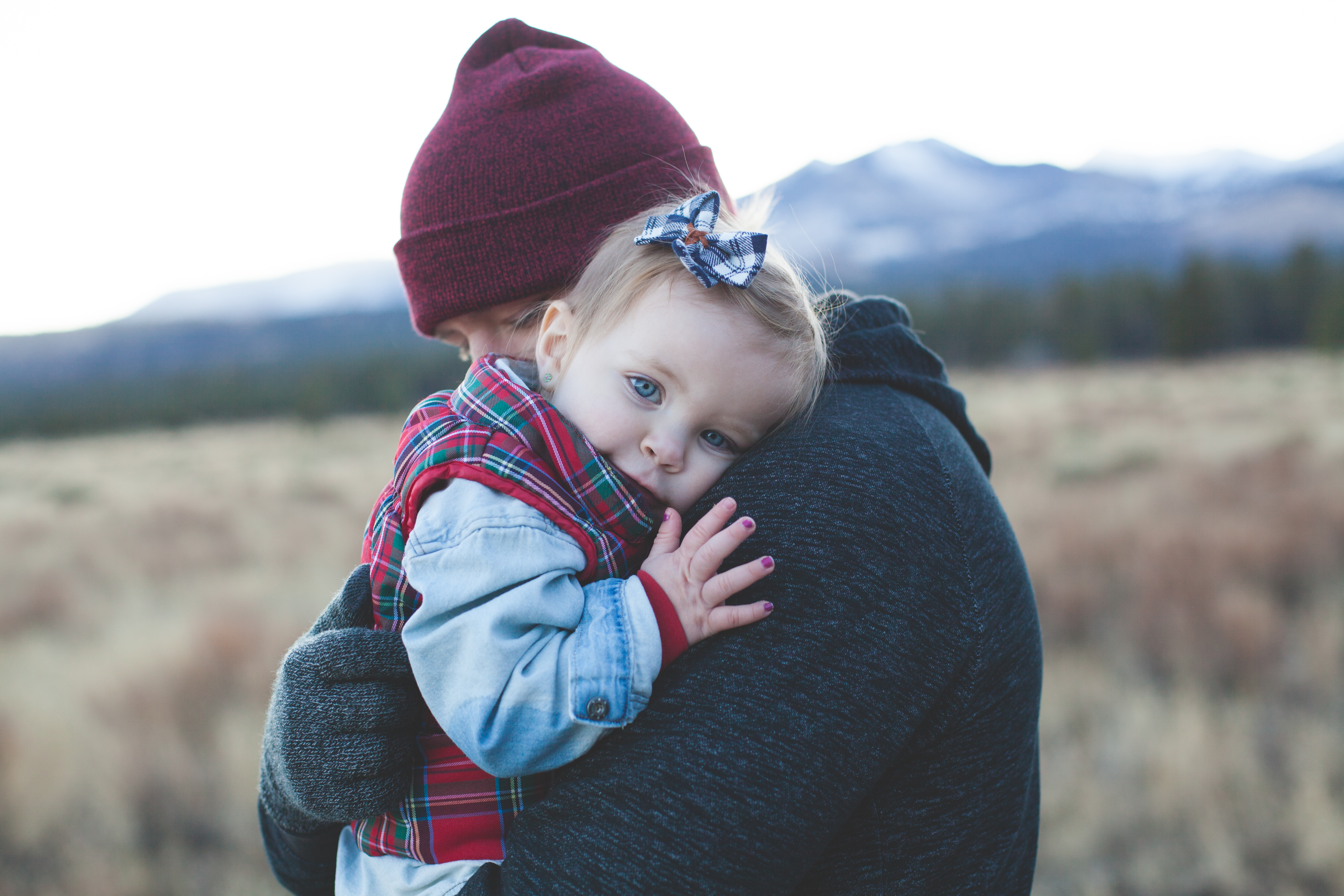The benefit cap does not unlawfully discriminate against some parents, according to a new ruling at the Court of Appeal.
The UK Government had previously been told that the new rules were unlawful and “cause real misery without purpose” for single parents with children under the age of two. However, after launching an appeal, the previous decision has been overturned.
Speaking after handing down the ruling, which was passed by 2-1, Sir Patrick Elias said that he did not “in any way minimise the very real and substantial hardships which particular families face under this austere regime.”
Despite this though, he said it was not the job of the courts to needlessly interfere with controversial policies.
What’s the Case About?
 Former Prime Minister David Cameron. Image Credit: Medill DC / Flickr
Former Prime Minister David Cameron. Image Credit: Medill DC / Flickr
Changes to the benefits system were brought into place in 2013, under the Coalition Government. There have been a couple of amendments to the legislation since, but in practice, the scheme limits the amount people can receive in benefits unless they are working at least 16 hours a week.
The original challenge to the policy was brought by four lone parents, all with children under the age of two. They argued that they couldn’t reasonably be expected to work, especially as free childcare is only available in some circumstances for those with children aged between 2 and 4.
A Quick Recap on Discrimination

Image credit: Scott Webb/Unsplash
Discrimination under Article 14 of the Human Rights Act can occur in two different ways. The first type (direct discrimination) is when someone is treated less favourably than another person in a similar situation and there is no objective and reasonable justification for this treatment. The second type (indirect discrimination) occurs if someone is disadvantaged by being treated the same as another person when their circumstances are different.
They are not work shy, but find it impossible to comply with the work requirement
Previous Ruling by Justice Collins
The claimants in this case argued that they were indirectly discriminated against because their situation was materially different from those parents with children over the age of two and therefore they should be exempt from the benefits cap.
What Did the Original Judge Say?

The Royal Courts of Justice. Image credit: BorteCristian/Unsplash
Mr Justice Collins, the original judge, agreed that the claimants had been indirectly discriminated against. Looking at both Article 1 of Protocol 1 to the Human Rights Convention, which covers “peaceful enjoyment of property”, and Article 14, which is the right not to be discriminated against, Mr Justice Collins had said the cap was “capable of real damage to individuals such as the claimants.”
Compared with other parents, he said that lone parents with children under two faced particular difficulties in finding work: “They are not work-shy but find it, because of the care difficulties, impossible to comply with the work requirement.” He therefore held that the benefits cap discriminated against this group of parents and that there was no justification for such discrimination.
He added that the caps, which are estimated to affect roughly 26,000 lone parents, “obviously” exacerbated poverty.
But That Ruling Has Been Thrown Out?

Image credit: Riccardo Mion/Unsplash
Yes. At the time of the High Court decision, David Gauke, the Work and Pensions Secretary, had signalled that they would appeal the decision.
The Court of Appeal’s leading judgment, which was handed down today, found that there was no discrimination against the claimants, since lone parents with children under two did not in practice face substantially greater difficulties that lone parents with older children in obtaining work. It was therefore not unreasonable of the government to fail to give them an exemption from the benefits cap.
So, What Happens Next?

The UK Supreme Court. Image credit: Diliff/Wikimedia Commons
This successful appeal from the Government means the previous ruling no longer applies, but the parents do have permission to take their case up to the highest court in the UK, the Supreme Court.







